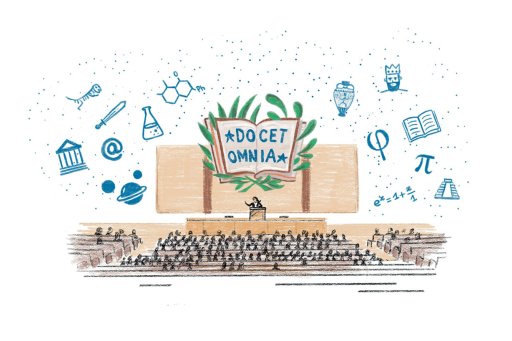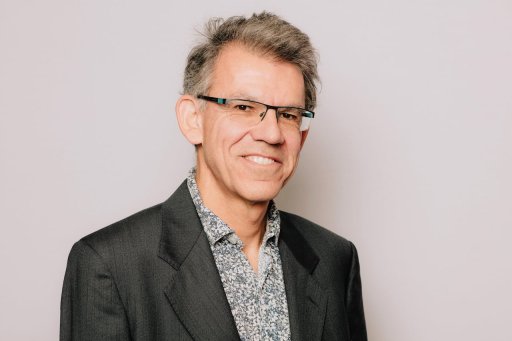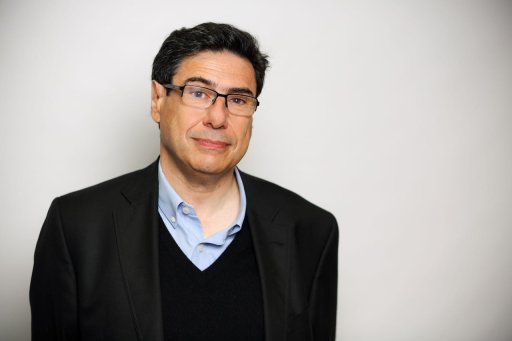Three questions for Jean Dalibard

What stage did the Collège de France represent in your scientific career?
The wikipedia entry for the Collège de France states that being elected to this institution "is one of the highest distinctions in French higher education", which says it all! Of course, I was extremely proud to be elected to the Collège. But beyond the joy of seeing my team's work recognized in this way, my arrival in 2012 brought with it at least two major changes in my career path.
On the one hand, and this is what every incoming professor feels, you arrive in a new environment, a new biotope as a biologist would say. In this biotope, your colleagues by definition have fields of interest far removed from your own, which is very different from what you're used to in the big French laboratories. You find yourself immersed in "research in the making" for an immense variety of disciplines, and the richness of the exchanges stemming from this melting pot of cultures continues to enthrall me, almost ten years after my arrival.
On the other hand, we've been lucky enough to benefit from top-quality experimental laboratories, which my whole team has been able to move into since 2014. We work in a historic building, the one where Frédéric Joliot installed France's first cyclotron in 1939. Under Jacques Glowinski's leadership, this building was completely renovated before our arrival, and the material conditions we enjoy are remarkable. This is particularly important for our laser atom manipulation and quantum matter experiments, where temperature and vibration stability are crucial.
What does teaching at the Collège de France mean to you?
I feel as though I've always known about teaching at the Collège de France. As a young student at theÉcole normale supérieure, I used to come with the other M2 students (we used to say DEA at the time) to Claude Cohen-Tannoudji's lectures, in which we discovered all the new facets of the physics of atoms and light. Later, it was Serge Haroche's lectures and seminars that set the pace for my life as a researcher.
Now that I've stepped up to the podium, I see this teaching as a unique opportunity to classify, order and situate the scientific breakthroughs I've witnessed during my career. My aim is to identify the main lines of current research, show how they emerged, explain the pitfalls encountered and how they were circumvented. It's a very different kind of lecture from that of a lecture book, in which the end result is sometimes presented as a truth dropped from the sky. Here, on the contrary, I try to show the audience, made up largely of students and young researchers, that scientific progress is often winding, and sometimes arid: the discoveries are all the more beautiful for it!
I'm also very attached to the more "senior" part of the audience, made up of listeners with a good scientific background, but not necessarily at ease with technical or advanced mathematical discussions. I try to ensure that this audience also finds an interest in these lectures, by trying out images and metaphors that I wouldn't use in a "pure and simple" scientific lecture. In fact, the simultaneous presence of these two audiences - specialists vs. enlightened amateurs - is for me the real originality of this teaching.
What recommendations would you make to a young person drawn to the sciences?
I'd imagine your young person is in his or her final year of high school, or in the early years of a university/graduate course. My recommendation would be without hesitation: if you have the chance, do a thesis!
There are two good reasons for this. Firstly, outside our borders, a thesis is the ultimate diploma that crowns a fine education. If this young person is thinking of pursuing an international career in industry or services, having a doctorate will be an undeniable asset. And even in France, where for too long the thesis was considered useless outside the academic world, things have changed: companies now understand the benefits of having at least some of their staff trained through research. It's not the subject of the thesis that's important, it's the acquisition of a working method, a critical and collaborative mindset that is difficult to forge in any other way.
But above all, the thesis is a privileged moment in one's schooling: one takes control of one's intellectual progress (for example, will I start by reading a lot or, on the contrary, find what I know on my own), then one discovers the imperative need for rigor in the face of facts, quite different from the need to solve exam problems. And what a pleasure it is when you come up with " something " new: even if it's not a new planet or the theory of relativity, realizing that you're the first to see such and such a phenomenon or to demonstrate such and such a result is a unique source of inner pride.
And I'd like to end this recommendation by stressing that it's as much for young women as for their male counterparts. The proportion of young women in our "exact" science laboratories remains desperately low, while those who take the plunge go on to do remarkably well. Ladies, don't listen to those who tell you that maths or physics aren't for you...









